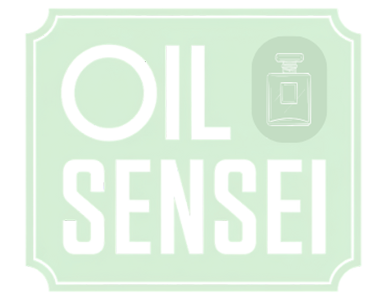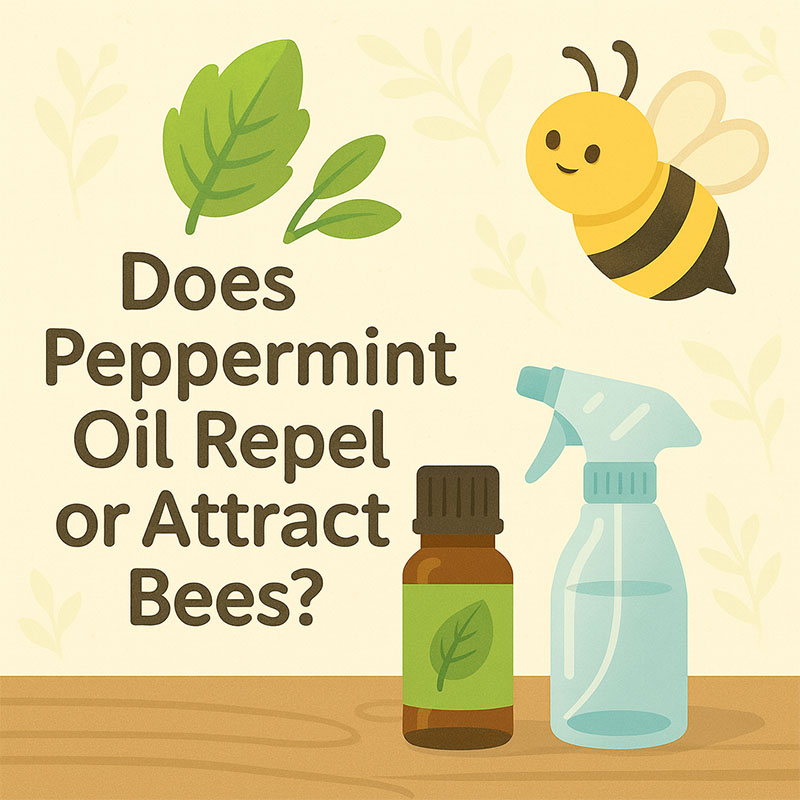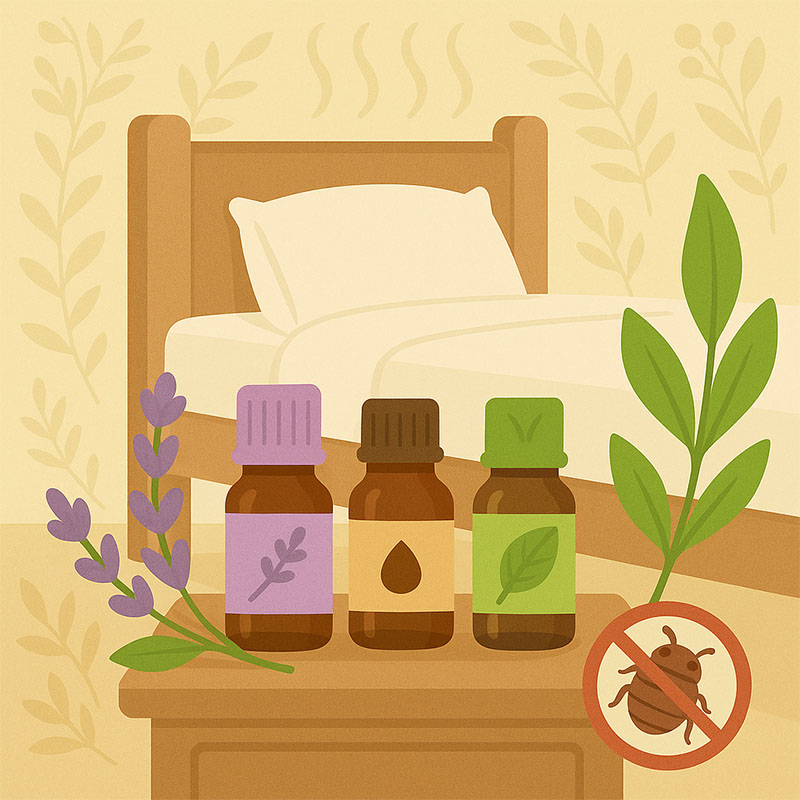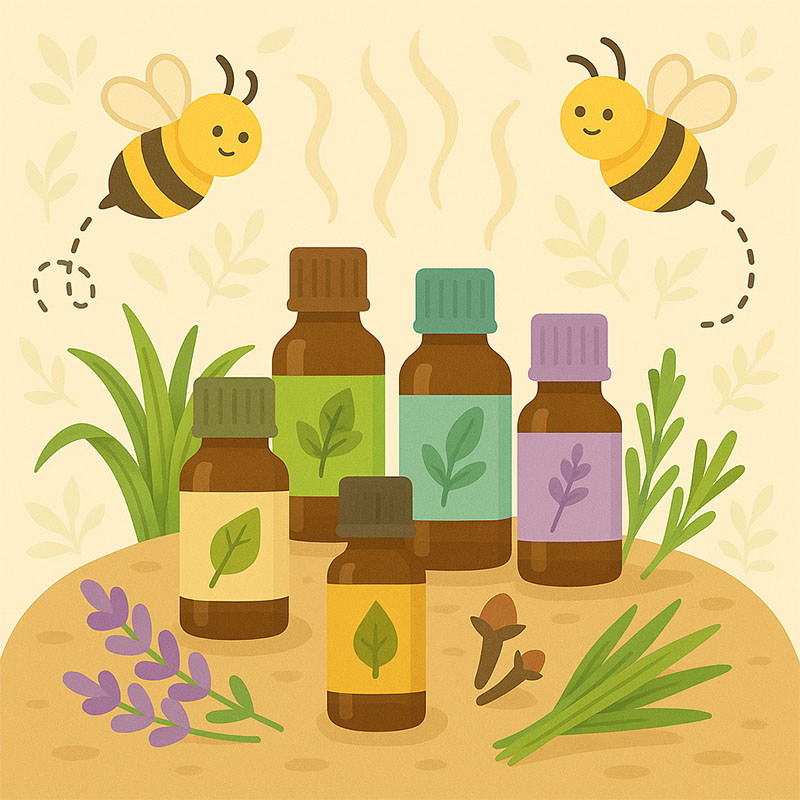When I first started looking for natural ways to manage bees around the yard, I kept running into the same advice: “Use peppermint oil, it repels them.” At first, that sounded convincing. But once I started digging into beekeeper experiences and scientific research, I realized the truth is much more interesting.
So, does peppermint oil actually repel bees… or could it attract them? Here’s what I found out after researching both sides.
What People Say vs. What Beekeepers Actually Do
If you Google “peppermint oil bees,” you’ll see it listed as a natural repellent everywhere. Articles suggest dabbing it on your skin, spraying it around the patio, or planting mint to keep bees away.
But experienced beekeepers don’t see it that way. Many actually use peppermint oil—and spearmint too—as attractants, especially when feeding colonies.
The Honey-B-Healthy Example
One of the most popular bee-feeding supplements, Honey-B-Healthy, combines lemongrass and spearmint oils. Beekeepers have relied on it for years to encourage bees to find and consume sugar syrup. If mint really repelled them, this product wouldn’t be used in thousands of hives worldwide.
Beekeeper Observations: Peppermint Attracts Bees
In my research, I came across Rusty Burlew, a Master Beekeeper who runs the blog Honey Bee Suite. She described an experiment where she placed buckets of sugar syrup scented with different oils—anise, peppermint, tea tree, and wintergreen—next to her hives.
The bees emptied the anise first, but peppermint came in second, while tea tree and wintergreen were barely touched.
Since then, she’s continued using peppermint as a reliable attractant when anise isn’t available.
What Science Says About Peppermint Oil and Bees
Anecdotes are helpful, but I wanted to see if actual studies backed this up. Here’s what I found:
- Safe in moderation – A 2025 study in Scientific Reports found peppermint oil caused no acute toxicity in honey bees at realistic exposure levels (Scientific Reports, 2025).
- Not safe in excess – At very high concentrations (like in nanoemulsion form), it did affect bee health, lowering lipid and protein levels (Scientific Reports, 2025).
- Immune support – Other studies show peppermint oil can boost immune markers in bees, such as vitellogenin and defensin-1, helping them resist stress and infection (Industrial Crops and Products, 2024).
- Colony benefits – Field research suggests peppermint oil can improve colony development and even honey production when used in feeding supplements.
So instead of repelling bees, peppermint oil seems to support them when used properly.
Why So Much Confusion?
I think the myth comes from peppermint’s effect on other insects. Ants, spiders, and some pests dislike mint plants, so people assumed bees would too.
But mint plants are actually built to attract pollinators. Their small, fragrant flowers bloom during peak bee activity. In fact, peppermint fields often attract heavy bee traffic—and even produce peppermint-flavored honey.
If you’re actually trying to repel more aggressive or destructive bees, like carpenter bees, peppermint might not be your best bet. You might find better results using specific citrus oils or following targeted strategies for carpenter bee control
How To Use Peppermint Oil Safely Around Bees
Based on the research I reviewed, here’s how peppermint oil can be used responsibly:
- Always dilute it – About 10–15 drops per cup of water or carrier oil is enough.
- Avoid spraying blooms – Don’t apply it near flowers where bees are actively feeding.
- Pay attention to behavior – If bees act agitated, it’s a sign the concentration may be too strong.
👉 If you’d like to try peppermint oil yourself, a good starter option is Honey-B-Healthy. It’s affordable, versatile, and is backed by over 1000 of reviews.
My Takeaway
The idea that peppermint oil repels bees is mostly a myth. From what I’ve read in beekeeper accounts and scientific studies, bees are often attracted to it instead—especially when it’s diluted and used in feeders.
If your goal is to keep bees away at a picnic or patio, peppermint oil won’t do the trick. But if you’re a beekeeper—or just want to support pollinators—it can actually be an ally for feeding, immunity, and overall colony health.
For me, peppermint oil went from being something I thought was a repellent to something I now see as a tool for helping bees thrive. If you’re curious, try the Honey-B-Healthy and see how it works for your needs.
FAQs
Does peppermint oil keep bees away?
No. Research and beekeeper reports show it often attracts them.
Is peppermint oil safe for bees?
Yes, in moderation. But very high concentrations can stress them (Scientific Reports, 2025).
Can peppermint oil benefit bees?
Yes—it may improve feeding, boost immunity, and support stronger colonies (Industrial Crops and Products, 2024).




